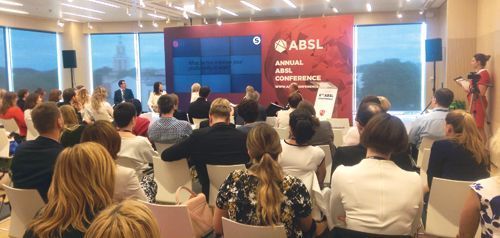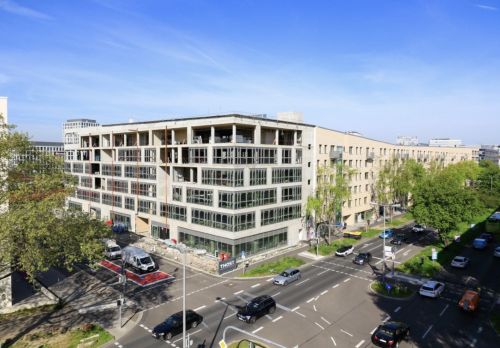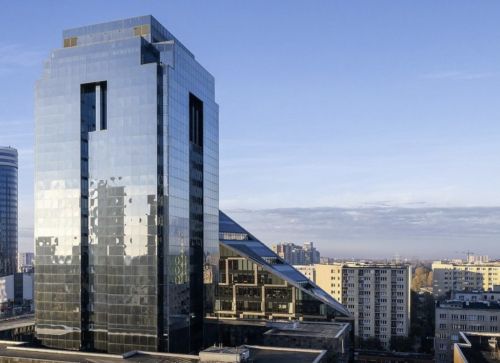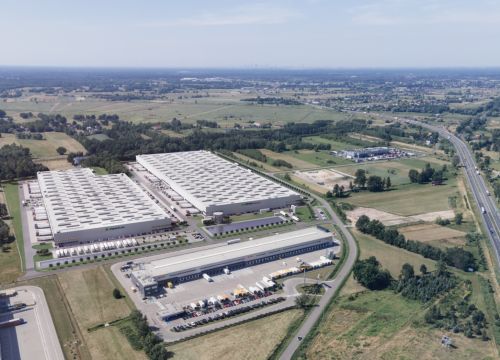Kraków, Warsaw and Wrocław lead the way
Over the last two years the number of employees in the sector has increased by over a third. “As many as 250,000 people could be working in the sector by 2020. This represents a quarter of a million jobs for university graduates, specialists and managers,” predicts Marek Grodziński, the vice-president of ABSL and the director of the European network of Capgemini BPO Centres. Companies that have decided to open centres since 2014 include: General Motors, FedEx, Mars, Owens-Illionois, Toyota and UPS. ABSL reports that in 2002 there were only a few dozen service centres financed by foreign capital, whereas in 2007 the number had risen to 200 and in H2 2014 there were more than 500. “This is another year in a row when business services constitutes the largest sector in terms of direct investment in Poland*. A total of 356 global companies currently operate in Poland. Thanks





























































